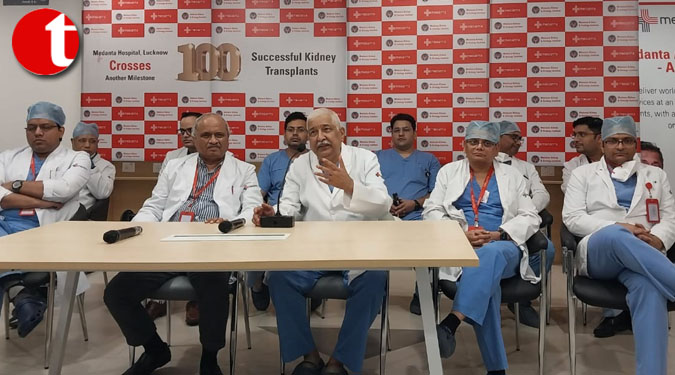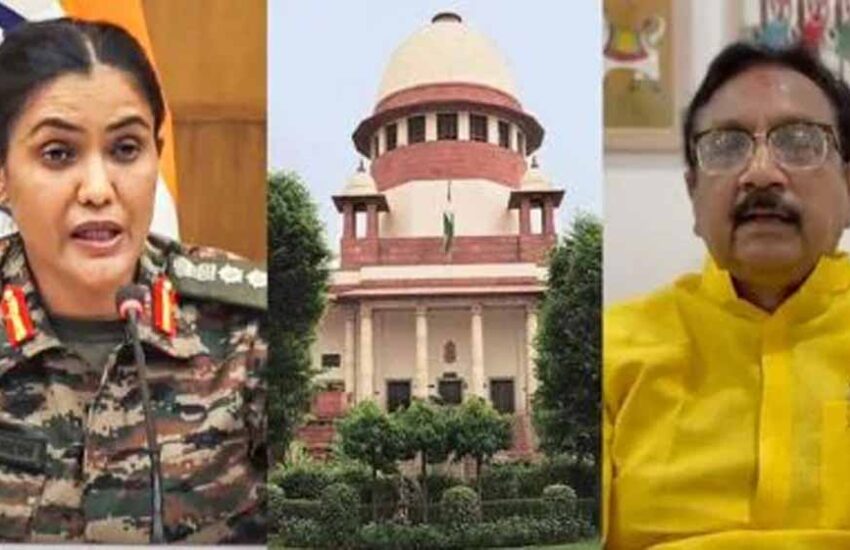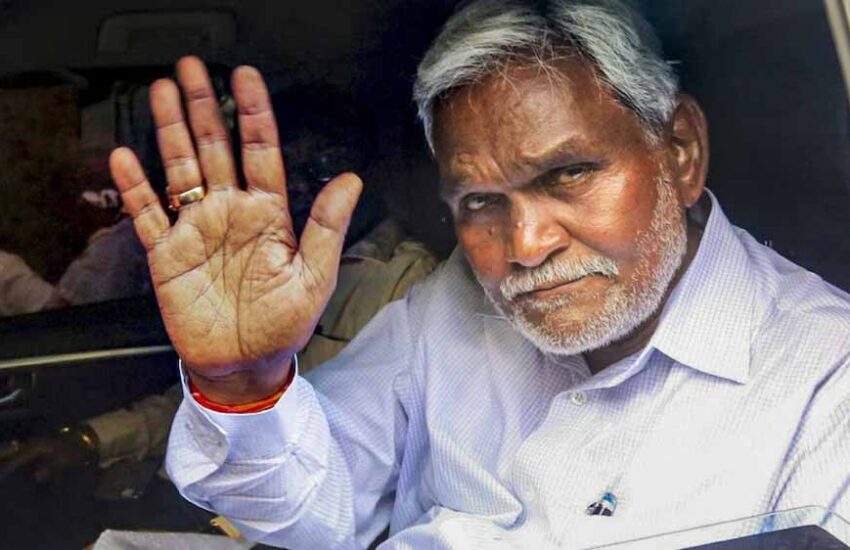TIL Desk Lucknow/ Medanta Superspeciality Hospital, Lucknow, has successfully completed 101 kidney transplants. The Medanta Institute of Kidney and Urology was launched in 2020 under the guidance of Dr. Rakesh Kapoor (Director – Urology and Kidney Transplant, Kidney and Urology Institute) and Dr. RK Sharma (Director- Nephrology and Kidney Transplant Medicine, Kidney and Urology Institute). Speaking on the occasion,Dr. Rakesh Kapoor said, “Medanta Institute of Kidney and Urology is a one-stop centre for those suffering from diseases of the urinary system, including the kidneys, the bladder and the prostate gland. As a major tertiary and quaternary care centre in Central and Eastern Uttar Pradesh, we continuously strive to provide our patients top-notch treatment for various kidney disorders, cancers, and benign urological diseases by integrating and leveraging our combined expertise. Our department is one of the premier centre’s in the world using minimally invasive surgical techniques. The institute also provides world-class care in all areas of urology and nephrology with round-the-clock services for dialysis, transplant and chronic kidney diseases. Every month about 1,600 dialysis procedures are being done.”
Since its inception three years ago, Medanta Institute of Kidney and Urology in Lucknow has been able to change the lives of 101 patients ranging from a 15-year-old teenager to a 64-year-old. “Kidney transplants are more complicated in children. The nerves and vessels are very fine because of their age. Also, there is a high risk of kidney rejection in this age group. The youngest kidney transplant patient at our hospital, a 15-year-old teenager, whose donor was his 40-year-old mother, needed strong immunosuppressants to prevent organ rejection. The oldest kidney transplant patient, a 64-year-old man, got the kidney of a 70-year-old donor. We also operated upon a 58-year-old patient whose case was very complicated as he had heart disease and blood pressure disease. His was a case of recipient mismatch leading to an ABO incompatible transplant. The patient had to be given strong immunosuppressants for the transplant to be a success,” he added.
Dr. RK Sharma said, “Over the years, advances in medicine have made ABO incompatible kidney transplants possible between some recipients and living donors. With this technique, kidney transplants can be done even if the patient and the donor are of different blood groups. The kidney transplant services at Medanta Include Path-breaking ABO Incompatible Transplants (unmatched blood groups transplants), laparoscopic and endoscopic procedures (minimally invasive surgery techniques), pediatric transplants, specialized post-transplant procedures such as graft kidney biopsies and comprehensive post-transplant care. The department has the region’s finest pediatric nephrologists and transplant specialists. With infrastructure specially designed to aid safe and fast recovery, the department has one of the lowest infection rates comparable to the best hospitals in the world.
Talking about ways to prevent kidney failure, Dr.R.K Sharma said, “These days, the lifestyle of the people is deteriorating. India has the highest number of diabetes patients. Long-term diabetes leads to hypertension and obesity, which damages the kidneys. Every person should get a health check-up done every year so that if any disease is developing in the body then it can be diagnosed in time. Today many people keep using pain medicines for long durations of time. This also leads to renal failure. Many medicines are available in the market to reduce obesity, they also have a bad effect on the kidney and increase the risk of kidney failure. Kidney damage, once it occurs, can’t be reversed. End-stage renal disease or kidney failure occurs when our kidneys no longer work as they should to meet your body’s needs. When this happens, a patient needs dialysis or a kidney transplant to survive.”



